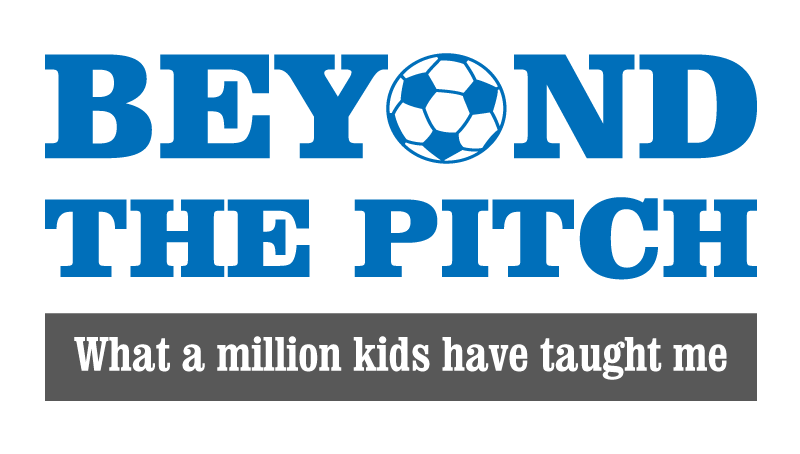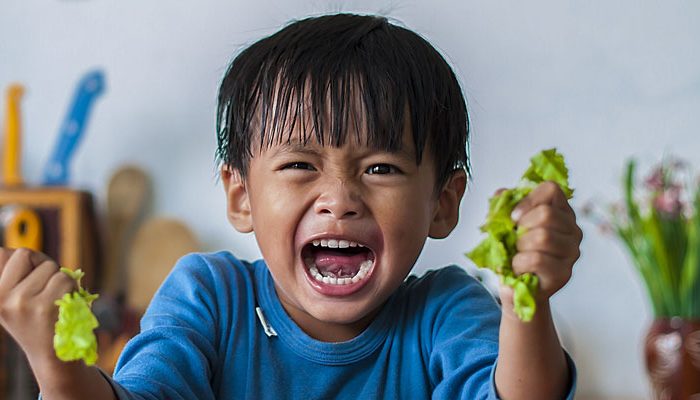
© teerapon / Adobe Stock
Behavior on the Slide? Learn the Signs of Stress in Your Child
July 27, 2021
Are you noticing tantrums, thumb-sucking, baby talk, potty-training issues, overt clinginess, or other behaviors you thought your child had outgrown?
It's not surprising that parents, teachers, and coaches report seeing more regressive behavior in children right now. It's what happens as a result of adverse experiences—and a pandemic with all of its collateral damage definitely qualifies as adverse. Resuming a pre-COVID lifestyle can, too.
Regressive behavior is a coping mechanism. It may be considered maladaptive in adults, but it's a common reaction to stressful circumstances in children. Managing, discussing, and working through emotions can be difficult for adults, even with our fully formed brains. For children, it is incredibly challenging. They do not possess the maturity to understand stress, let alone process and manage it. Their brains aren't quite there yet.
So, their feelings come out sideways. Sometimes kids withdraw. Sometimes they become more aggressive. And sometimes, they revert to behavior more likely seen in younger children. It can be frustrating and cause additional friction, especially when other members of their household, class or team are dealing with their own feelings. As with all things kid-related, there is a learning opportunity here for them. And you. I like to think of regression as an alert telling me something is not quite right. After all, behavior is just another form of communication.
You can earn another "parenting merit badge" by developing the ability to see through your child’s behavior to get to the root of the issue. I'm not talking about mind-reading, but sleuthing it out. You can start by simply noticing when they seem a little different. Rather than shrugging it off, ask some questions or recognize it out loud (you seem sad, or you're extra quiet today). Make sure you do it in a non-punitive, non-shaming manner. The more open you are to their response, the more likely they will talk and keep talking.
“Asking a child to tell you about their picture can often reveal a lot about their mental processes—how they are feeling about a situation or themselves.”
Artwork and creative play are also great ways to encourage conversation. Kids will often work out their feelings in their pictures or when playing with toys. Artwork helps transfer feelings onto paper and provides a platform for discussing those feelings. Asking a child to tell you about their picture can often reveal a lot about their mental processes—how they are feeling about a situation or themselves.
Creative play can, too. For instance, if the stuffed animals they're playing with are fighting and arguing, there is a chance the child might be feeling angry or frustrated. If the dinosaurs are hiding, the child may be feeling scared. If a big monster is chasing them during imaginary play, they might be worried about getting sick. If the monster is chasing the adult, the child might be worried the adult will get sick.
If you see these types of things, make some open-ended statements such as, "tell me about what is happening with the… (insert specifics about the interactions that are playing out)." You can then relate that back to them by saying, "sometimes kids feel that way, too," or "have you ever felt like that?"
This type of "serve and return" process validates the existence of their feelings and normalizes talking about their emotions. The more children have the opportunity to practice this, the better they become at it. They learn to understand, name, and process their feelings which helps them manage them and not stuff them away. They also learn they can come to you and others to help when things get tough.
Change can be tricky—especially when dealing with a lot of unknowns. Giving our children tools to manage the ups and downs of change and helping them implement those tools in healthy ways will help them grow into adults who can do the same.
Be kind to yourselves and others.
Until next time,

Recent Posts
Revive From Burnout
It’s been a while since I’ve written. Finding the time and my voice has been a bit challenging. And honestly I’ve been pretty burned out. Here are three things I’ve done to get back on track and revved up for a new year. Read more.
Tips for Back-to-School 2021
Are you wondering how to manage the back-to-school process this year? Emotions about returning to school may be running a little high. Read on to discover some tips for coping. A little pre-planning will go a long way. Read more.
Behavior on the Slide? Learn the Signs of Stress in Your Child
A child’s behavior can reveal a lot about how they’re feeling. Check out how you can help your child learn to understand and manage their emotions in healthy ways. Read more.





